Last week we had the absolute pleasure of sitting down with Chris Casamassa, the CEO of the world-renowned Red Dragon Karate school. You might know him best as the man behind the mask of Scorpion in the original Mortal Kombat movie from 1995. We talked to Chris about how he joined the MK world, his history with the games, and some tips for those looking to get into the world of martial arts. No Fatalities involved of course…
DES: How did you get the role of Scorpion in the original Mortal Kombat movie? Did you audition for it?
CC: I went through an auditioning process originally as a background fighter. When we went to the auditions, they told us that all the roles for the film had been cast. So we went there to just become one of the background fighters because I wanted to be part of the movie because I was a big, big fan of the game at the time. The day I went for my first audition, I wanted to do something that set myself apart. They asked each person to come up and do a performance. There were about 100 guys there, and when I was doing my performance they had the three producers or casting people sitting in a chair watching everybody. I decided I would run right at them and do a flying kick right over the top of their head, which I did. Then when they turned around I did a diving roll back over the top of them. I wanted to make a big impression because I wanted to be part of the Mortal Kombat franchise.
So I get a call that night saying, “Hey, we’d like you to come back for tomorrow,” and I thought — okay, cool, I did what I planned to do, which was get some attention. I went back the second day and did some more things for them. This time we did some weapons. Then I get a call back the next night saying, “We want you to come in tomorrow morning,” and I thought, wow, it is really, really difficult to get on a major motion picture. I hadn’t really done anything big at that point, and I just wanted to be, like I said, one of the background fighters. So when I went back the third time the field had narrowed from 100 guys to maybe 50 guys, down to three. It was me and two other guys.
They took the camera and they were filming us, filming our bodies. I looked on the left of me, and the guy to the left of me was a little heavyset, the guy on the right of me was also a little heavyset, and I was in really great shape at that time, so I was trying to flex and look really tough. Then what I found out later was the director, the executive producer, the stunt choreographer, and fight coordinator were all there with a real movie camera filming us. I guess our body types, posture, attitude, etc., and they basically went into a football huddle for about a minute, and the director, Paul Anderson, walked over, shook my hand, and said, “Welcome to Mortal Kombat. You’re going to be Scorpion.” Which is crazy because… they had told us all along that all the parts had been cast. I’m not sure why they had said that. I never really asked; I didn’t really care. I was just pumped to get the role of Scorpion.
DES: How did you feel about not being recast for Mortal Kombat Annihilation? Considering how that film turned out, do you think you dodged a bullet?
CC: Well, first of all, I was in fact cast in Mortal Kombat: Annihilation as Scorpion, and I was actually one of the first ones to be cast when they did it. However, I had also been offered to be the stuntman for Batman in the Batman and Robin film with George Clooney. The great thing about that was they were offsetting schedules, meaning I was going to work on Batman, and then go to Mortal Kombat afterwards and do the Scorpion part. But, as often happens in the movie business, schedules change and things get pushed, and all of a sudden both Batman and Mortal Kombat were shooting at the same time and I had to decide. The Batman movie was a 100 million dollar film, which I’d never worked on anything like before, and I was going to get to wear the Batsuit, so I opted for doing Batman over Mortal Kombat.
Because of that, they actually changed the part of Scorpion in the film. The Scorpion character has a very short fight in that movie. It was a much, much bigger part before, but because they had to do a double, and they had some other production problems on the film, the part of Scorpion actually got changed quite a bit in the Annihilation film. So I don’t necessarily think I dodged a bullet. I would have happily done it and we probably would have done some cooler stuff … in the Annihilation movie with Scorpion than what happened.

DES: Were you a fan of the games before getting the role? Are you a fan of the games now?
CC: Yes, absolutely, one hundred percent. My favorite characters were Scorpion and Raiden. I am still a fan of the games now, and I play now with my son, who actually kills me now in the game. He’s actually better than me at it, but I still love it, and I still play it.
DES: Being a world class martial artist yourself, how does the combat in Mortal Kombat hold up?
CC: It holds up great. One of the amazing things about Mortal Kombat — and one of the reasons that the MK movie franchise made money and turned a huge profit compared to all the other video game movies like Street Fighter and Double Dragon — was our executive producer, Larry Kasanoff. He was the genius behind it. He wanted real martial artists doing the action so you could shoot it close up and shoot it far away. He brought the best stunt coordinator in at the time, Pat Johnson, who had done all the Ninja Turtles movies and all the Karate Kid movies. These guys wanted it to be as authentic and as close to the game’s storyline as possible. That’s why I think it still holds up today.

DES: Lots of fans of fighting games, myself included, are also fans of real life martial arts. What would you recommend to someone looking to get into martial arts?
CC: My answer to that is kind of long, and that is the martial arts have so many different styles and types that really, there is no one type that fits all. It really is personal preference. So what I say to anybody thinking about joining martial arts is, number one, go into the studio where you think you’re going to train and watch a class. Because that instructor that’s teaching will be teaching you. If you don’t like what they’re saying or what they’re doing, then you don’t want to be there. Watch the students in class. If you don’t like how they’re being treated, or what they’re learning, then that’s not for you. By the way, if you go into a school to watch a class and they say you can’t watch a class because what they do is secret, you need to “head for the hills” as fast as possible, because it’s not the 1800s anymore. You should be able to watch and audit a class.
Then, if you like the art you see, take a trial program. Most martial arts schools will offer a one-week trial program for free; some will do a six-week special. These are typically low-barrier offers that allow you to try it out, and if you’re not happy with the first place that you go to, then try another one. There’s always another martial arts school right down the road. So really it is personal preference on the martial arts.
That being said, if you’re in the neighborhood of any officially licensed Lou Casamassa’s Red Dragon Karate Schools, which you can find at reddragonkarate.com, then definitely go there, because that’s my home base. It’s what I do — sharing my passion with others, teaching, training, and inspiring the next generation of super ninjas.
DES: What other projects have you been working on?
CC: The other thing that I’d like to talk about is bullying, and my book that I wrote called Bully-Proof Fitness, which is available on Amazon. Part of my mission, passion, and purpose is to help one million kids become bully-proof and fit by the year 2025.
We are doing that through the book and through live bully prevention events. I’m going around the world teaching at martial arts schools, public schools, private schools, and churches helping to train kids on how to cope with bullying, what to do, what not to do, what to say, what not to say. The flip side of that is the kids that are being bullies at the school; once they hear my talk, they realize that they don’t even understand that they are bullies. So what I’m also doing is helping with “course correcting” the behavior that they have so that they can get on the right path. Our goal is to help train the next generation of superheroes that protect themselves and other people.
There are all kinds of links to our anti-bullying programs. You can go to Bully Proof Fitness to get free resources for parents. We’ve got a Facebook page, and we’re on Instagram @bullyprooffitness. All the social media pages are there to help parents help their kids around the world.

We want to give a big thank you to Chris for taking the time to speak with us. You can check him out on Twitter at @realMKscorpion, Instagram at @chriscasamassa, and on Facebook at The Dojo Doctor.


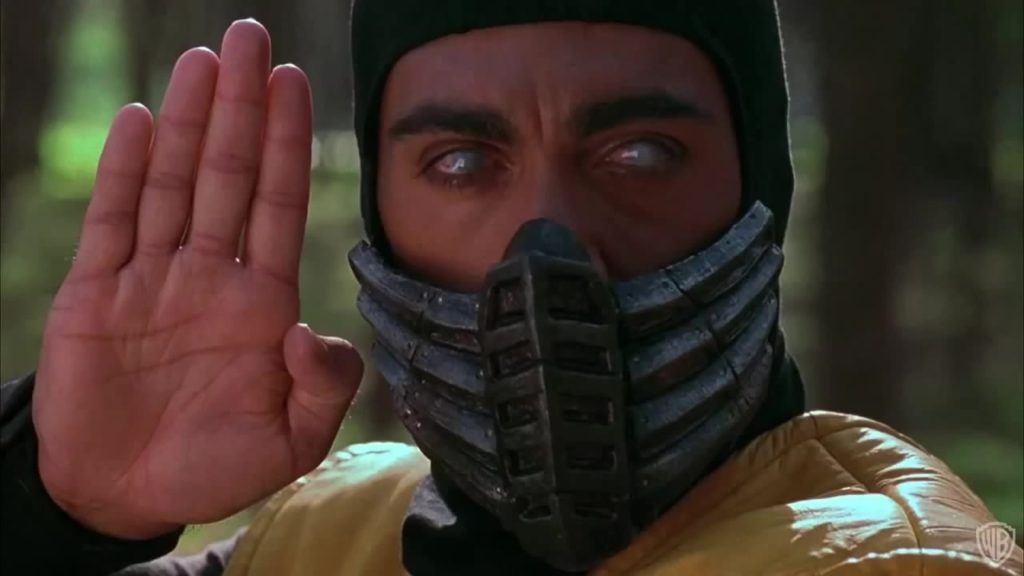
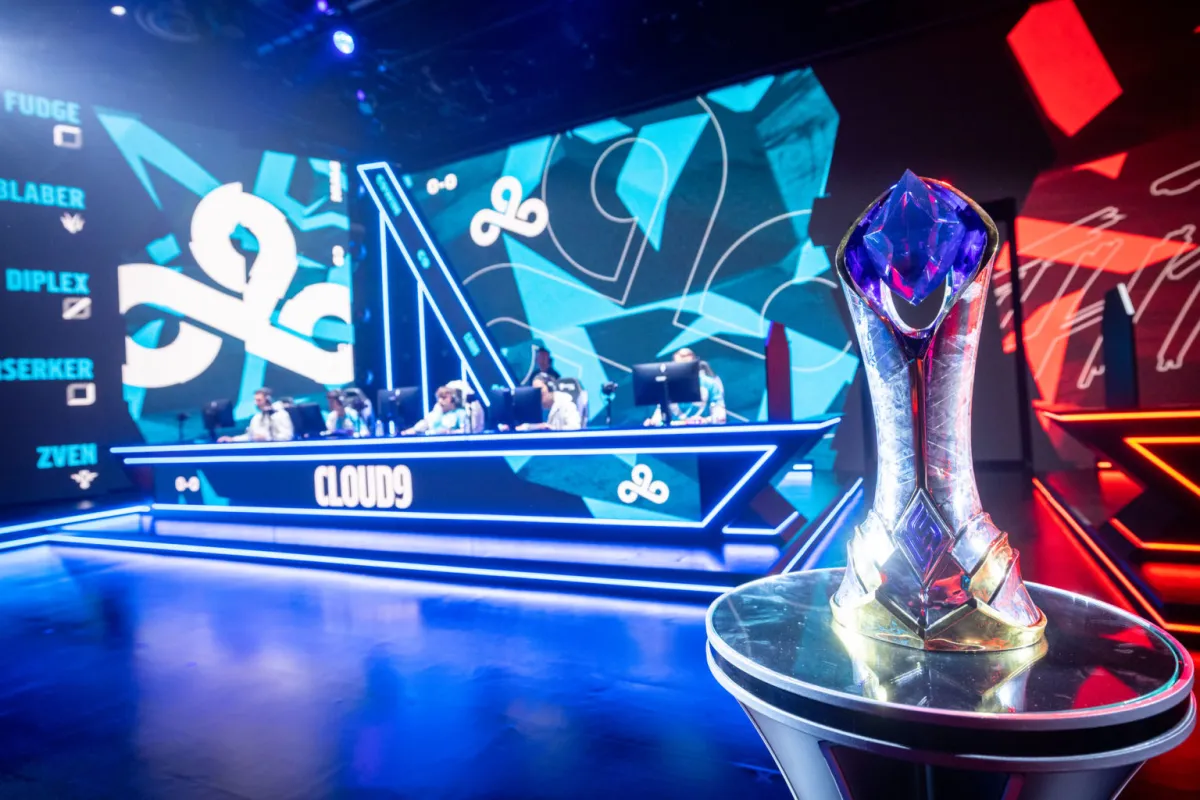

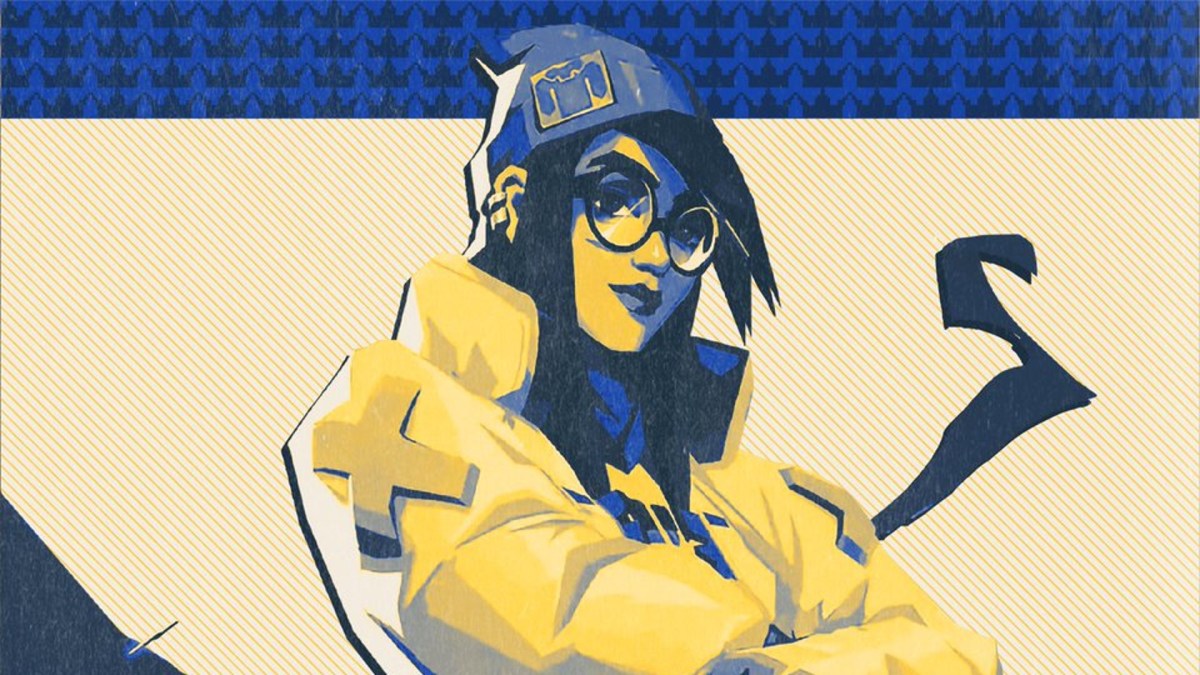
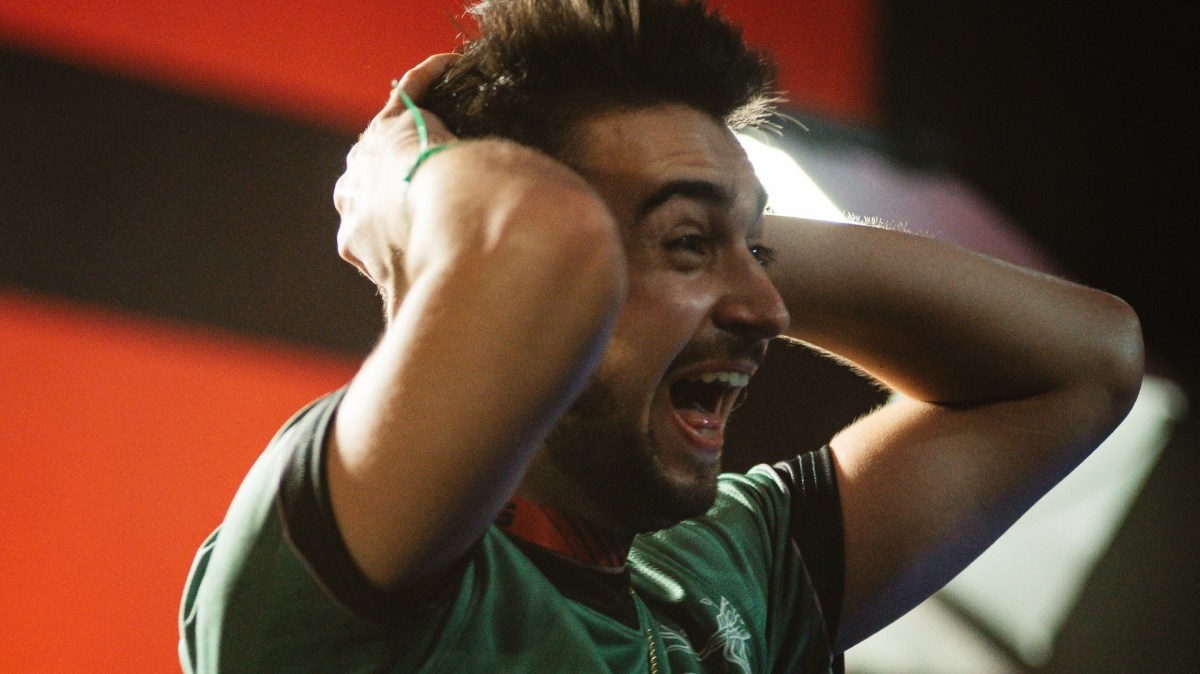
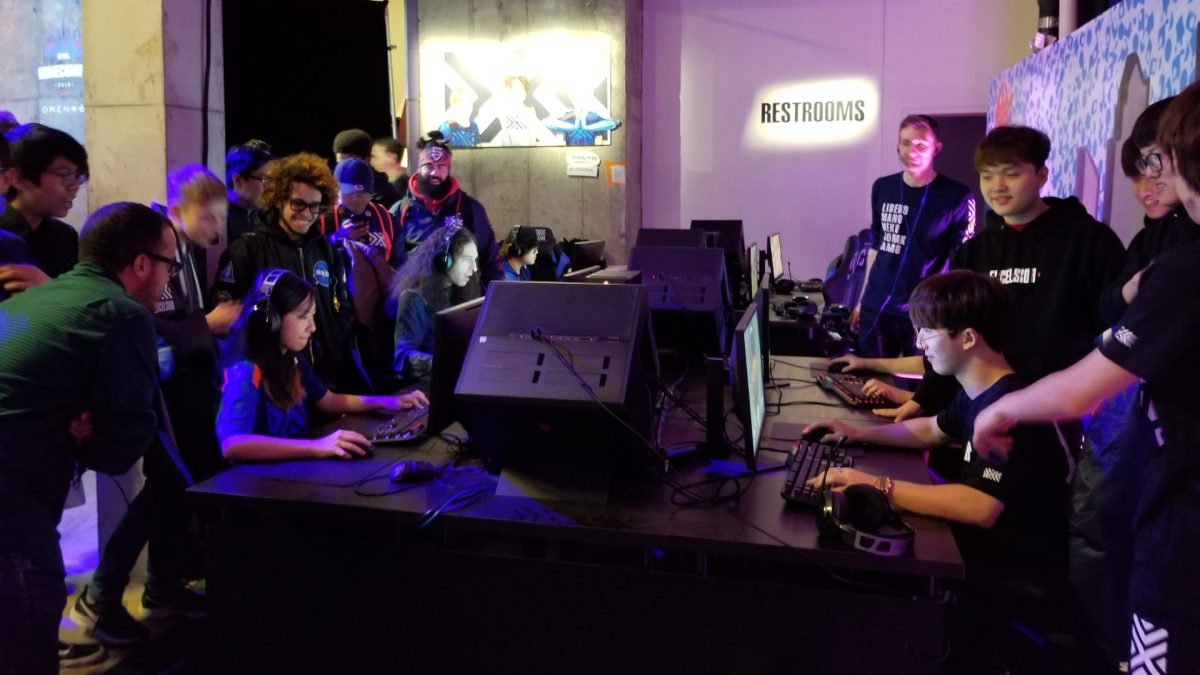
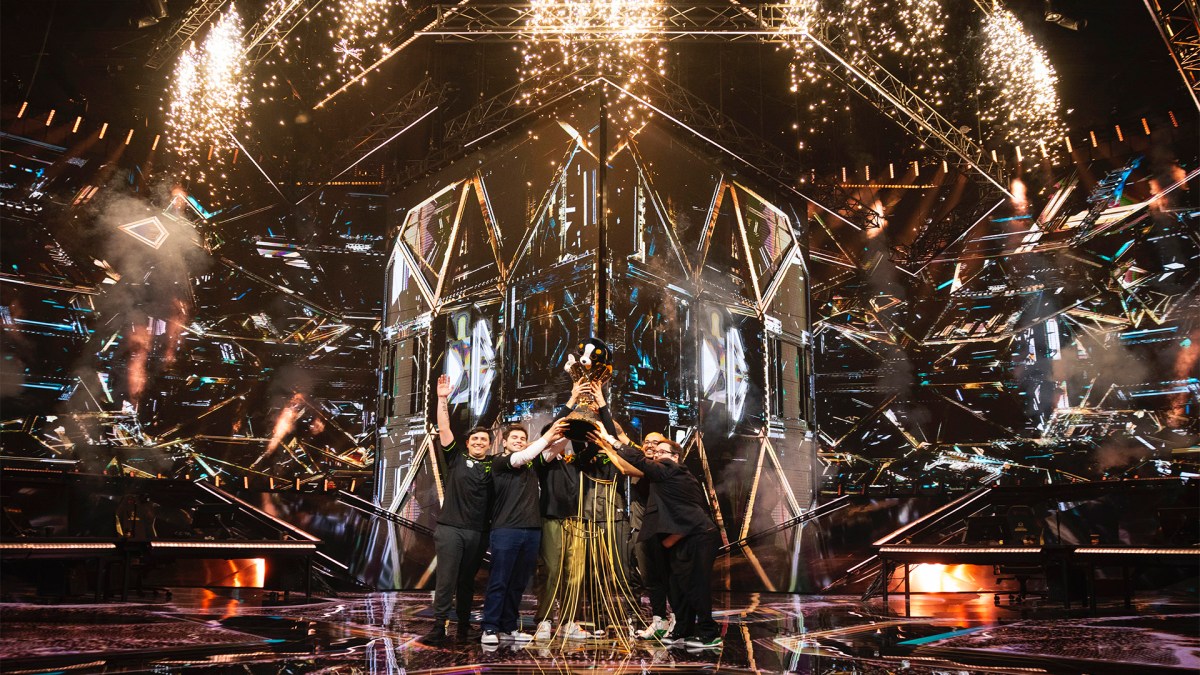

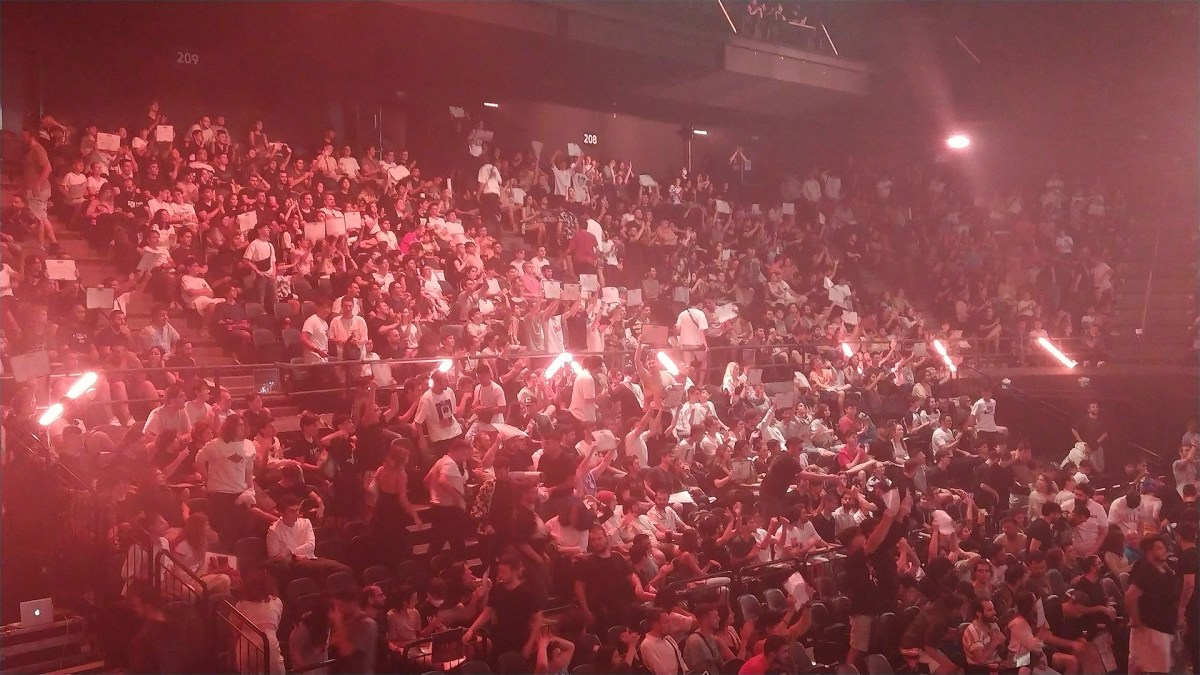
Published: Mar 17, 2019 01:15 pm